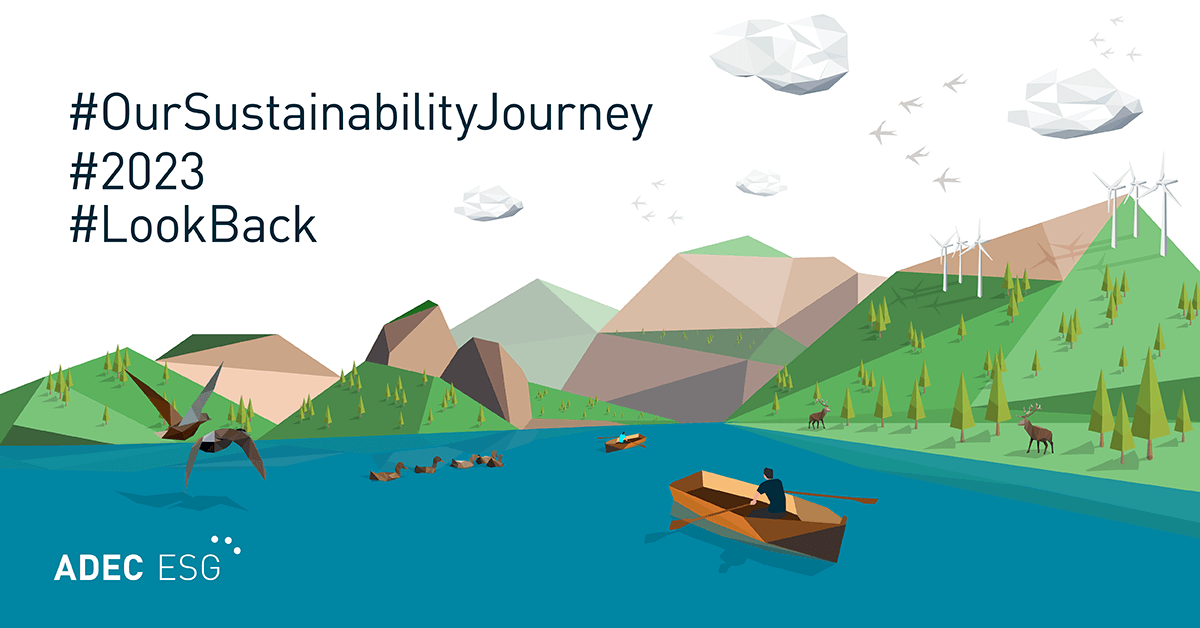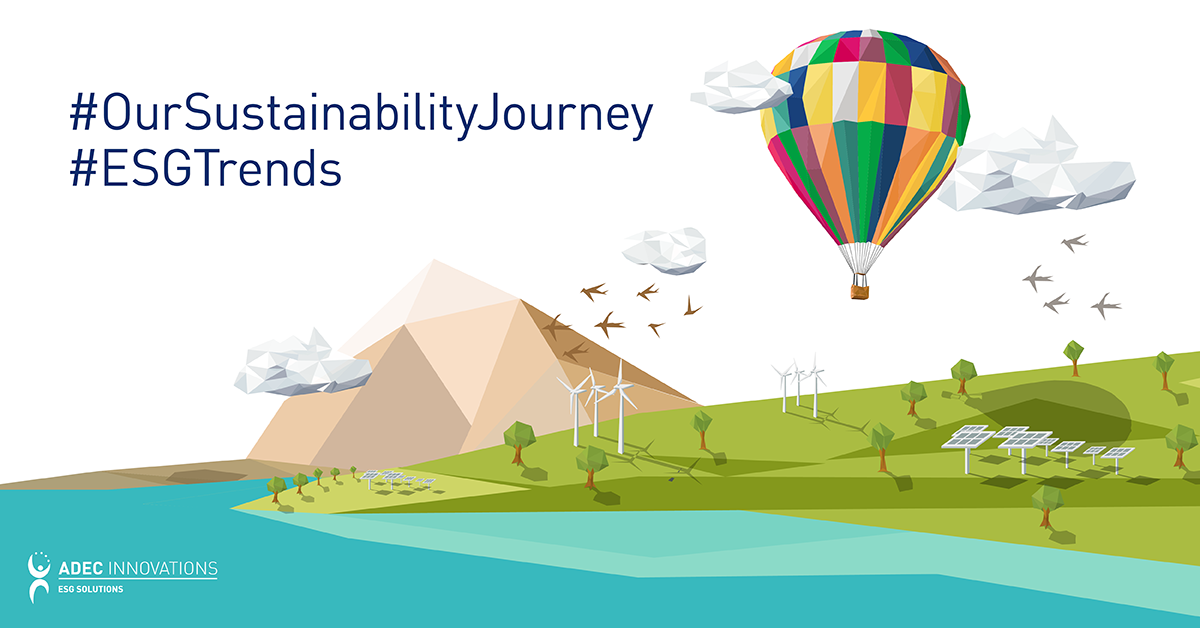Global leaders achieved a major landmark on climate change mitigation during last year’s United Nations Climate Change Conference. The annual event, established during the mid-1990s, aids the United Nations Framework Convention on Climate Change (UNFCCC) to establish a platform for openly discussing the Kyoto Protocol and negotiating its implementation. Also known as the Conference of the Parties (COP), the COP20 conference was held in Lima, Peru and facilitated discussions on a global climate agreement that will help reduce global greenhouse gas (GHG) emissions to limit the rise in global temperature.
The Lima conference had two concrete goals. The first was to agree on a sensible and workable draft for the 2015 Paris agreement. The second was to agree on the rules for how each country will set their own commitments of GHG emissions reduction targets this year, in hopes of keeping the average global temperature rise below 2 degrees Celsius, the internationally agreed-upon target to avoid irreversible climate change impacts. The UNFCCC calls this the Intended Nationally Determined Contributions (INDCs) of each participating country.
The framework created and agreed to at the Lima conference will set the tone for this year’s final resolutions. Each participating country will add its plan on or before March 2015 so that it can be finalized for the signing in Paris. Attendees of the Lima conference were tasked with finalizing negotiations and laying the groundwork for the Paris conference to create a new protocol to replace the Kyoto Protocol of 1997. All UN member states will sign, ratify and adhere to the new protocol during the Paris conference on December 2015. Since COP20 was the last full meeting before the final agreement in Paris, world leaders had to come up with a solid stance on climate change mitigation to guarantee the success of the 2015 treaty.
When the 12-day COP20 ended, the UNFCCC Executive Secretary, Christiana Figueres, remarked that the conference was very challenging. However, she praised its outcome since “a range of key decisions and action-agendas were launched, including how to best scale up and finance adaptation.”
UN Secretary-General Ban Ki-moon also praised COP20 as the delegates agreed on the framework for a more conclusive agreement in Paris. He commended the delegates for making important advances in the preparation of the INDCs.
The Lima conference also managed to agree on a $100 billion goal, in public and private funds, for the Green Climate Fund, an initiative designed to direct funding from developed nations to developing countries that are most vulnerable to climate change.
Although challenges may still lie ahead, the conference’s goal was achieved, as the Lima climate deal paves the way for the adoption of a meaningful climate agreement in Paris. COP21 in Paris is set to provide a global agreement, starting in 2020 and lasting until 2030, to cut GHG emissions. French officials have already given the deal a working title, the Paris Alliance. This name suggests that members of the United Nations will work together to support climate change mitigation, rather than comply with a single top-down mandated treaty.
As an experienced climate change solutions provider, FirstCarbon Solutions (FCS) stays up-to-date on global sustainability trends and climate change news. We share relevant updates in our monthly GreenWatch newsletter. If you’re interested in receiving these ‘need to know’ industry updates, subscribe today.




